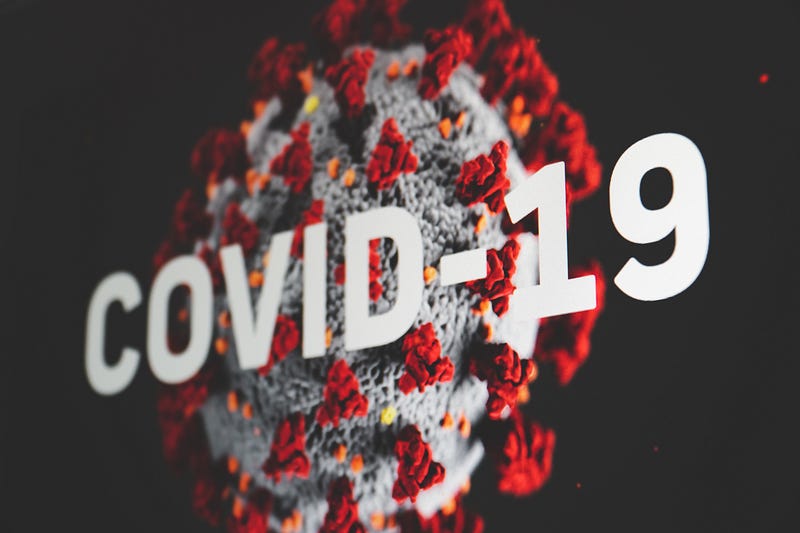Understanding Elevated Potassium Levels in Covid-19 Patients
Written on
Chapter 1: Observations of Potassium Levels in Covid-19
During my experience caring for Covid-19 patients, I have encountered an unusual phenomenon: elevated potassium levels in their blood. Typically, when kidney function declines, it is common for potassium levels to rise, as the kidneys play a crucial role in eliminating potassium from the body. However, in these patients, kidney function appears normal, yet potassium levels remain high. We carefully monitor their IV fluids to ensure they are not receiving extra potassium, but the high levels persist. This has been observed in several patients under my care, prompting me to investigate further.

After conducting some research, I hypothesize that severe Covid-19 may mimic the effects of ACE inhibitor toxicity, potentially serving as an indicator of serious illness.
Section 1.1: The Role of ACE Inhibitors in Covid-19
ACE inhibitors are commonly prescribed for hypertension and have drawn significant attention in the context of Covid-19. The SARS-CoV-2 virus, responsible for Covid-19, utilizes the ACE-2 receptor on lung cells to penetrate them. There has been speculation that individuals on ACE inhibitors might face a greater risk of contracting Covid-19 or experiencing severe outcomes, although research has not confirmed this.
Yet, if the virus overwhelms the ACE-2 receptors and/or causes extensive lung damage through the immune response, could this disrupt the renin-angiotensin system?
Subsection 1.1.1: Understanding the Renin-Angiotensin System
The renin-angiotensin system is a complex mechanism involving several organs, including the liver, kidneys, adrenal glands, and lungs, and it regulates blood pressure and electrolyte balance. Angiotensin-converting enzyme (ACE) is responsible for converting angiotensin I into angiotensin II, primarily occurring in the lungs. Angiotensin II raises blood pressure and triggers the production of aldosterone, a steroid that facilitates sodium and water retention in the kidneys while promoting potassium excretion.
If the presence of ACE is diminished due to the virus occupying the receptors or lung tissue destruction, this can lead to decreased levels of angiotensin II and aldosterone, resulting in elevated potassium levels without renal failure. Measuring aldosterone levels could provide further insight into this occurrence, as low levels may clarify the high potassium phenomenon.
Chapter 2: Implications for Treatment and Understanding
The first video titled "High Potassium: Who's at Risk?" discusses the potential risks associated with elevated potassium levels, especially in Covid-19 patients. Understanding these risks is crucial for effective patient care.
The second video, "How To Lower Potassium Level In Blood Quickly," provides strategies for managing high potassium levels, which is essential for treating affected Covid-19 patients effectively.
It is also worth noting that overdose of ACE inhibitors can lead to low blood pressure, renal failure, and elevated potassium levels. This raises the question: could this be why some Covid-19 patients experience shock and renal failure? Is it possible that Covid-19 acts similarly to ACE inhibitor toxicity?
While we prioritize immediate treatment for high potassium levels due to their potentially fatal consequences, it is important to acknowledge that not all Covid-19 patients exhibit elevated potassium. My observations, while significant, remain anecdotal and require broader scientific validation. However, sharing our experiences among healthcare providers is vital to enhance our understanding of this challenging disease. Ultimately, the more we learn about Covid-19, the better prepared we will be to combat it.